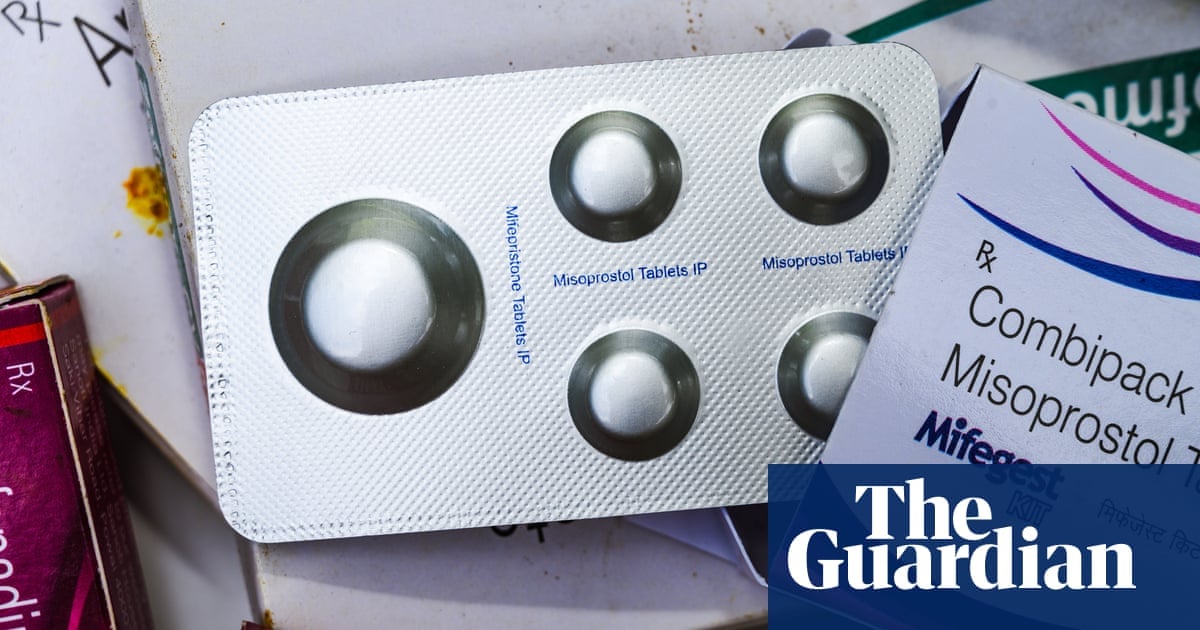- 5.16K Posts
- 471 Comments

 101·3 months ago
101·3 months agoKudos for doing additional research and sharing it with sources!

 7·3 months ago
7·3 months agoStanding is a specific legal term that defines whether a party is allowed to sue, and injury is also a legal term in this case. Cornell has a great intro on how to establish standing using a 3-part test:
- The plaintiff must have suffered an “injury in fact,” meaning that the injury is of a legally protected interest which is (a) concrete and particularized and (b) actual or imminent
- There must be a causal connection between the injury and the conduct brought before the court
- It must be likely, rather than speculative, that a favorable decision by the court will redress the injury.
In this case, seems to be the Supreme Court is skeptical that these doctors have satisfied this 3-part standing test, especially the injury in fact factor. If SCOTUS decides that these doctors don’t have standing, then the lawsuit is dismissed.

 96·3 months ago
96·3 months agoJust pointing out the headline seems to imply it’s from WaPo when in fact it was written by RT.

 133·3 months ago
133·3 months agoThis is a repost of an RT article. https://www.rt.com/news/594456-biden-israel-indiscriminate-bombing/

 71·3 months ago
71·3 months agoAgreed. Here’s some more context:
Korea has the second-lowest number of physicians among members of the Organization for Economic Cooperation and Development, leading to some of the highest doctors’ wages among surveyed member nations.
Doctors in Korea earn the most among 28 member countries that provided related data. Following Korea, the highest earners are in the Netherlands, Germany, Ireland and the UK. The US was among the countries for which data was not provided.
Measured by PPP, which takes into account local living costs, salaried specialists earned an average of $192,749 annually in 2020, According to the 2023 OECD Health Statistics report. That was 60 percent more than the OECD average. Korean GP salaries ranked sixth.
… The country also ranked low in the number of medical school graduates – 7.3 per 100,000 people, which is the third-lowest after Israel and Japan, and nearly half the OCED average of 14 graduates for every 100,000 people.

 4·3 months ago
4·3 months agoThat’s what the striking doctors are saying. In contrast, this is how the Korean public feels:
Public surveys show that a majority of South Koreans support the government’s push to create more doctors, and critics say that doctors, one of the highest-paid professions in South Korea, worry about lower incomes due to a rise in the number of doctors.
Officials say more doctors are required to address a long-standing shortage of physicians in rural areas and in essential but low-paying specialties. But doctors say newly recruited students would also try to work in the capital region and in high-paying fields like plastic surgery and dermatology. They say the government plan would also likely result in doctors performing unnecessary treatments due to increased competition.

 7·4 months ago
7·4 months agoFrom the article:
No states have made such proposals or actions on restricting access to Opill, but the concern stems from the US Supreme Court’s Dobbs decision in 2022, which reversed Roe v. Wade and overturned the constitutional right to an abortion.
and:
But these examples have not set a precedent for what type of authority states may have to restrict access to an FDA-approved medication, Gupta said.
When it comes to Opill, “many states also allow pharmacists to refuse to participate in ‘health care’ that they find morally objectionable. This could include providing individuals with Opill even though it is OTC,” she said. “Legal approval and actual access are two distinct issues, with the latter influenced by a broader set of factors including state policies, healthcare practices, and socio-economic determinants of health.”

 2·4 months ago
2·4 months agoAnd I appreciate your kind words!

 3·4 months ago
3·4 months agoThe CNN article just updated to remove the part about the required 6% and I’ve updated the summary to match.

 2·4 months ago
2·4 months agoI think both you and the articles are right. Saw this on Redfin:
Typically, real estate commission is 5%–6% of the home’s sale price. In most areas, the buyer’s agent receives 2.5%–3% in commission and the seller’s agent receives 2.5%-3% in commission. This can vary by agent and location.
…
There are no laws or regulations in the U.S. dictating commission rates, so agents may be willing to negotiate lower rates depending on the type of transaction, the required services, and the relationship.
https://www.redfin.com/guides/how-much-is-real-estate-agent-commission-buyer-seller

 11·4 months ago
11·4 months agoCan you elaborate? NY Times and Washington Post are reporting the same:
American homeowners could see a significant drop in the cost of selling their homes after a real estate trade group agreed to a landmark deal that will eliminate a bedrock of the industry, the standard 6 percent sales commission.
The real estate group, which represents 1.5 million real estate agents around the country, said it will pay $418 million over four years to settle several cases, along with agreements to change the rules that plaintiffs alleged supported 5 to 6 percent commissions paid by home sellers. The association said it continues to deny wrongdoing.
https://www.washingtonpost.com/business/2024/03/15/nar-real-estate-commissions-settlement/

 26·4 months ago
26·4 months agoYou just made my day. Thanks @[email protected]!

 4·4 months ago
4·4 months agoOh yeah for sure. It was sued by the FTC for deceptive advertising of its free tax filing and had to pay a $141 million settlement in 2022.
ProPublica also had an article last month about its deceptive “free” service: https://www.propublica.org/article/ftc-intuit-turbotax-cease-deceptive-advertising-free-filing-taxes

 51·4 months ago
51·4 months agoHilarious. He said it, therefore he said it.

 13·4 months ago
13·4 months agoIt’s more of a loophole in certain jurisdictions. Judges are usually assigned randomly, but some districts have divisions with only one sitting judge.
The federal judiciary is divided into 94 different geographic districts, which normally encompass either all or part of a state. In many districts, newly filed cases are assigned randomly. So, for example, if a plaintiff files a lawsuit in a district with three Democratic appointees and three Republican appointees, they would have an equal chance of drawing a judge from either party (although some judges are partially retired and have a lighter caseload).
Some districts, however, have used different rules to assign cases — and one very notable example is the United States District Court of the Northern District of Texas. That district, like some others, is subdivided into multiple “divisions,” some of which only have one sitting judge. Any civil case filed in one of these Northern District of Texas divisions was automatically assigned to one judge: Kacsmaryk.
So this new rule will try to close that loophole.

 7·4 months ago
7·4 months agoIt’s more of an issue because it’s a foreign company. For example, companies like Facebook (Meta) and Cambridge Analytica can be investigated and regulated by US agencies like the Federal Trade Commission (FTC) and the Securities and Exchange Commission (SEC). But they have no sway over TikTok’s developer ByteDance because it’s located outside of the US.
That’s what this bill is trying to do: force ByteDance to divest.

 94·4 months ago
94·4 months agoWhile other companies also have issues, TikTok goes further by having strong connection to the PRC:
Lawmakers have long voiced concerns that the Chinese government could access user data or influence what people see on the app, including pushing content to stoke US political divisions.

 4·4 months ago
4·4 months agoSure, this article focuses on Europe specific problems though:
Europe has heated up more than any other continent since the Industrial Revolution. It has heated about twice as fast as the global average as carbon dioxide has clogged the atmosphere and trapped sunlight.

 83·4 months ago
83·4 months agoComments like this are so odd. People (rightfully) get all worked up about surveillance in the West like the US and UK, but then kinda shrug off the same stuff when it’s China.
China is no longer weak and isolationist. It’s been flexing its muscles around the world, with 102 overseas police stations in 53 countries, including Italy, France, Canada, Britain and the Netherlands for example.




















It wasn’t me!